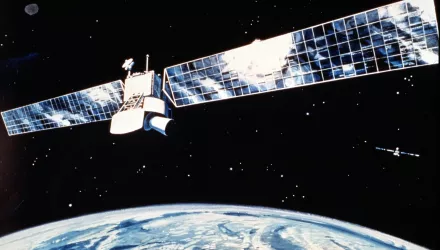International Security is America's leading peer-reviewed journal of security affairs.
Summary
A widely held and largely unchallenged view among many scholars and policymakers is that nuclear proliferation is the gravest threat facing the United States today, that it is more dangerous than ever, and that few meaningful lessons can be drawn from the nuclear history of a supposed simpler and more predictable period, the Cold War. This view, labeled "nuclear alarmism," is based on four myths about the history of the nuclear age. First, today's nuclear threats are new and more dangerous than those of the past. Second, unlike today, nuclear weapons stabilized international politics during the Cold War, when in fact the record was mixed. The third myth conflates the history of the nuclear arms race with the geopolitical and ideological competition between the Soviet Union and the United States, creating an oversimplified and misguided portrayal of the Cold War. The final myth is that the Cold War bipolar military rivalry was the only force driving nuclear proliferation. A better understanding of this history, and, in particular, of how and why the international community escaped calamity during a far more dangerous time against ruthless and powerful adversaries, can produce more effective U.S. policies than those proposed by the nuclear alarmists.



